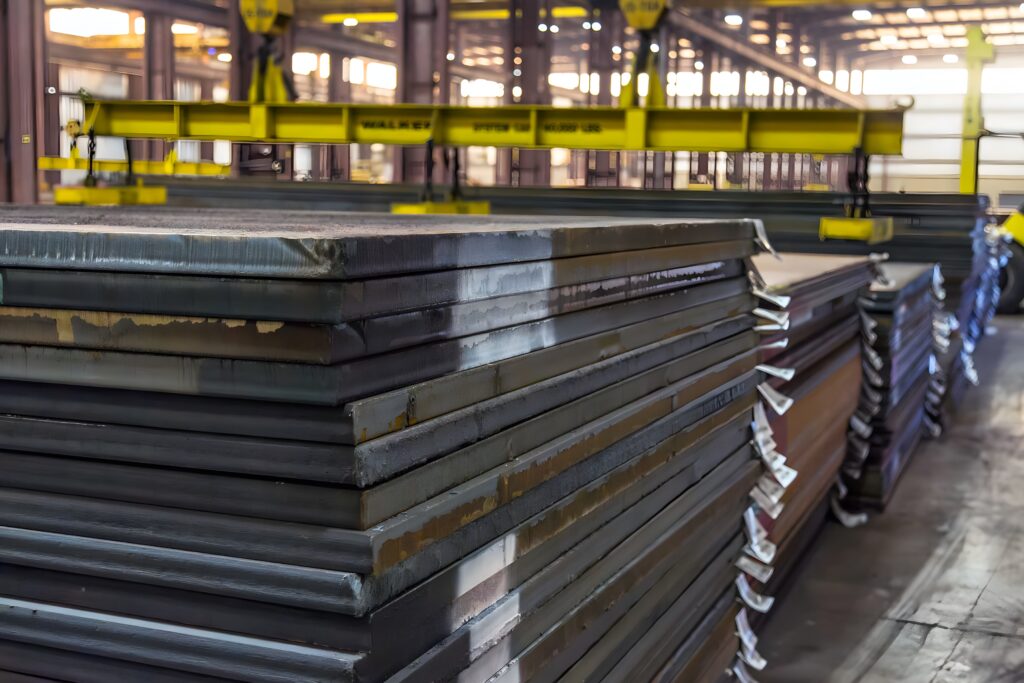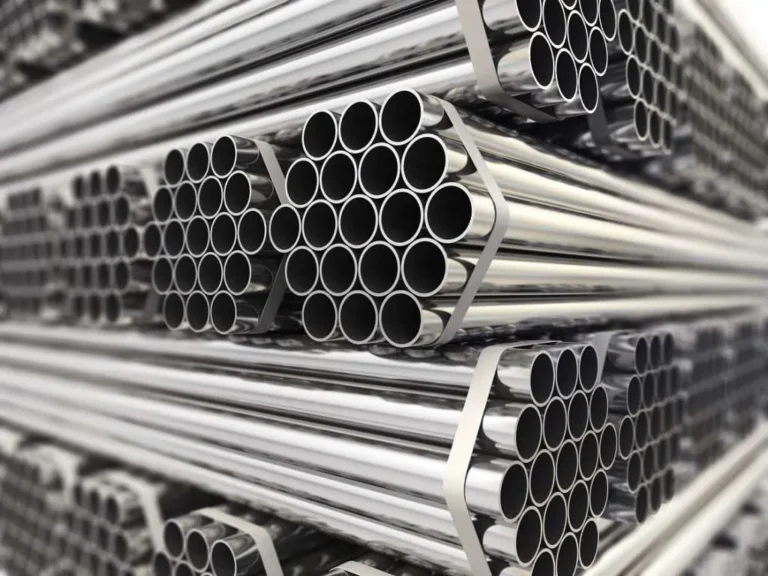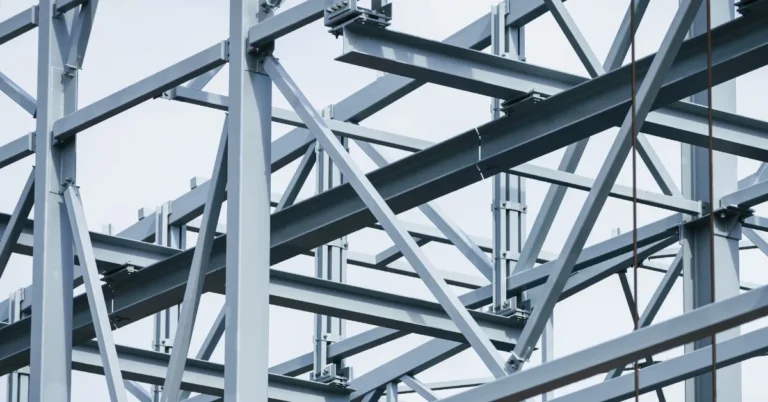
Structural steel stands as the backbone of modern construction, offering unparalleled strength, versatility, and sustainability. In this blog, we will delve into the intricacies of this essential material and uncover its myriad types and applications.
Understanding Structural Steel
Structural steel consists of a broad range of alloys, mainly composed of iron and carbon. Its exceptional strength-to-weight ratio makes it a preferred choice across various industries, from big buildings like skyscrapers to complex bridges.
Types of Structural Steel
Carbon steel: It is a type of steel alloy composed primarily of iron and carbon. Its key characteristics include high strength, durability, and affordability, making it a versatile choice for various structural applications.
Alloy steel: It is a steel variant infused with additional elements like manganese, nickel, or chromium to enhance its properties. Known for its superior strength and corrosion resistance, alloy steel is favoured for demanding applications where durability is paramount.
Stainless steel: It is well known for its remarkable corrosion resistance quality because of its chromium content. This steel variant is ideal for applications requiring both longevity and aesthetic appeal, such as architectural designs and kitchen appliances.
Applications of Structural Steel
Construction Industry: From towering high-rises to sprawling industrial complexes, structural steel forms the backbone of modern construction projects, ensuring stability and durability.
Bridges and Infrastructure: Steel bridges span vast distances with unparalleled strength and flexibility, while steel-reinforced concrete ensures the resilience of critical infrastructure.
Automotive Sector: In automotive manufacturing, structural steel components contribute to vehicle safety and performance, offering unmatched crash resistance and structural integrity.
Aerospace Engineering: The aerospace industry relies on lightweight yet robust structural steel alloys for aircraft frames, ensuring safety and fuel efficiency.
Advantages of Structural Steel
Strength: Structural steel boasts exceptional strength, allowing for the construction of lightweight yet robust structures capable of withstanding extreme conditions.
Versatility: With a myriad of shapes and sizes available, structural steel offers unparalleled flexibility in terms of design, accommodating diverse architectural requirements.
Sustainability: Steel is one of the most recyclable materials globally, promoting environmental sustainability and reducing carbon footprints in construction projects.
In conclusion, structural steel stands as a testament to human ingenuity, revolutionizing the construction industry with its unparalleled strength, versatility, and sustainability. From towering skyscrapers to intricate bridges, its applications are as diverse as they are indispensable. Using structural steel opens doors to new possibilities in construction and other fields, promising innovative and long-lasting solutions. For top-quality structural steel solutions, reach out to HK Sagar, a one-stop solution for everything steel.

